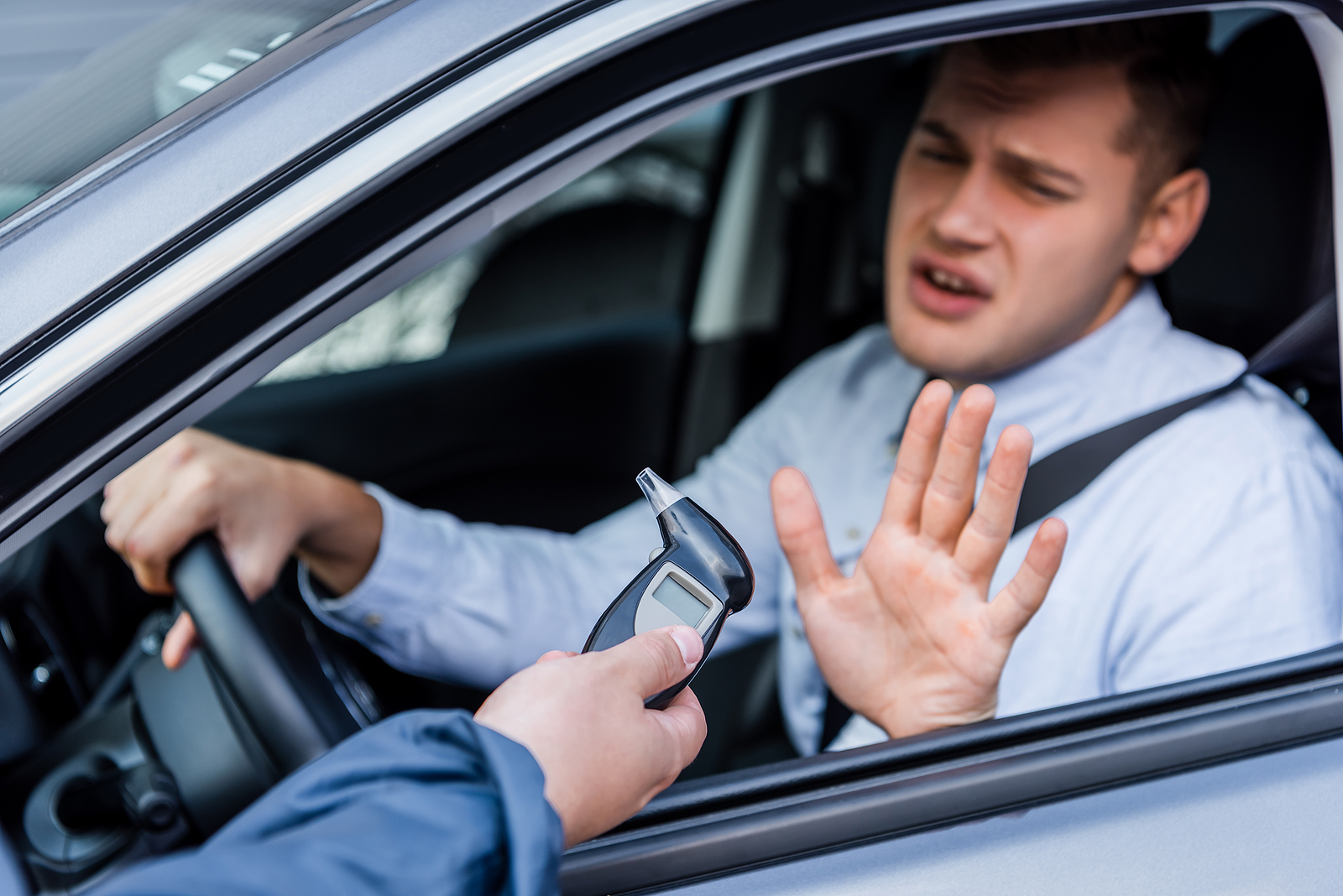What is a DUI?
According to the State of California Department of Motor Vehicles, driving under the influence, or DUI, is when a driver operates a motor vehicle while impaired by drugs or alcohol or with a blood alcohol concentration (BAC) level of 0.08% or greater. For any person under 21 years of age, driving with any detectable amount of alcohol present is illegal.
When is a DUI a Misdemeanor?
The State of California recognizes three conditions to be met for a misdemeanor DUI charge. Those conditions are:
- The charge is the first, second, or third DUI or wet reckless within ten years
- No person was injured
- The driver has no previous felony DUI convictions
Possible punishments for a misdemeanor DUI charge can include:
- Probation for up to five years
- Up to one year in jail
- Fines
- Alcohol and drug education classes
- Installation of an interlock ignition device
- Driver’s license suspension or restrictions by the DMV
Misdemeanor cases may carry harsher penalties if:
- The driver refused to take a chemical BAC test
- The driver’s BAC was over 0.15%
- A passenger was under 14 years of age
- The vehicle was being driven 30 MPH or more over the speed limit
When is a DUI a Felony?
The State of California recognizes five situations that warrant a felony DUI charge. Those situations are:
- The DUI is the fourth offense within a 10-year period
- There is a prior felony DUI conviction
- There was a minor present
- An accident resulting in another person sustaining bodily injury
- A fatal accident
Fourth DUI in 10 Years
California penalizes subsequent similar or identical offenses more harshly with each conviction. When a driver receives his or her fourth DUI charge in a ten-year period, it may be considered a felony charge. This stipulation is regarded as a wobbler, meaning a prosecuting attorney may seek misdemeanor charges instead of felony charges. The type of charge pursued will be calculated considering:
- Convictions for DUI in California
- Convictions for wet reckless, which is state-specific to California, where a DUI may be pleaded down to a lesser charge and
- Out-of-state DUI convictions
Prior Felony DUI Conviction
If a driver has received at least one prior felony DUI conviction, California law requires any future DUIs occurring in the state to be prosecuted as a felony. This applies regardless of additional aggravating factors.
DUI with a Minor Present
California drivers arrested for DUI with a minor present in the vehicle face two charging options. These options are:
- DUI with a child under 14 years of age: this sentencing enhancement adds additional mandatory jail time to the existing DUI charge.
- Child endangerment under 18 years of age: this is filed in addition to the DUI charge and can be filed as a felony or misdemeanor, depending on surrounding factors.
Accident with Injury
When a driver is suspected of physically injuring another person as a result of drunk driving, the driver may face multiple charges that include driving under the influence of alcohol that causes injury and driving with a BAC of 0.08% or higher that causes injury. Despite this charge being a wobbler, it is typically charged as a felony. The type of charge pursued will be calculated considering:
- Criminal history
- The victim’s injuries and
- Any other aggravating factors
Vehicular Manslaughter caused by DUI
A driver who caused a person’s death while committing a DUI and who was not behaving with extreme recklessness will face one of two charges. Those charges are:
- Vehicular manslaughter while intoxicated: this is the less serious crime of the two. This charge is used when a driver was being careless but not otherwise risky.
- Gross vehicular manslaughter while intoxicated: This charge can be used when a driver was found to be acting with gross negligence, meaning the driver acted in a risky enough manner that a reasonable person would know an injury was likely or possible.
Vehicular manslaughter while intoxicated is a wobbler; however, it is rarely charged as a misdemeanor. If a driver receives either of these charges with a prior DUI conviction, he or she could face DUI second-degree murder charges instead, regardless of simple negligence.
Second degree Murder Caused by DUI
An intoxicated driver causing a fatal accident in California may be charged with DUI second-degree murder, or Watson murder, if he or she is found to have acted with “malice aforethought.”
Malice aforethought typically means acting with a conscious disregard for human life, such as speeding excessively. Courts consider a driver to have “implied malice” when the driver has received a prior DUI conviction, regardless of negligence surrounding the accident in question.
How are Felony DUIs Penalized?
Felony DUI charges are penalized as follows:
- Fourth DUI in 10 years: 16 months to three years in county jail
- DUI following a felony DUI: 16 months to three years in county jail
- DUI causing injury: two to four years in county jail
- Vehicular manslaughter while intoxicated: 16 months to 4 years in county jail
- Gross vehicular manslaughter while intoxicated: four to 10 years in State Prison
- Watson Murder (second-degree murder): 15 years to life in State Prison
These felony DUI offenses can be probational, with the exception of a Watson murder. Additional penalties include driver’s license suspension, fines, ignition interlock installation, revocation of gun rights, or alcohol or drug abuse classes.
Do I Need an Attorney?
If you are facing felony DUI charges, it is imperative that you take the first step to protecting yourself and your future. Here at Patrick Silva, Attorneys at Law, we can help you take your life back. Call us today at 909-798-1500 for a free consultation.



